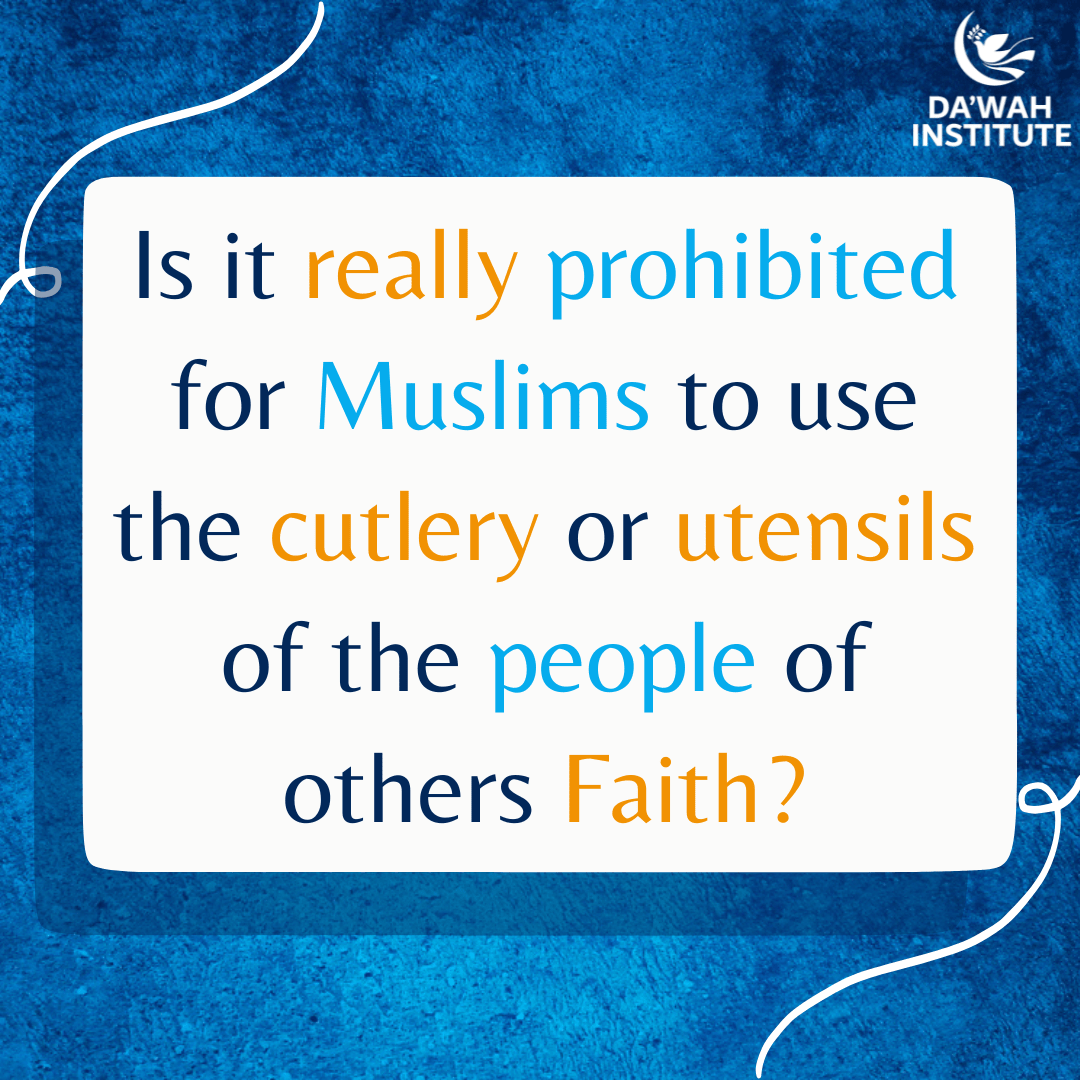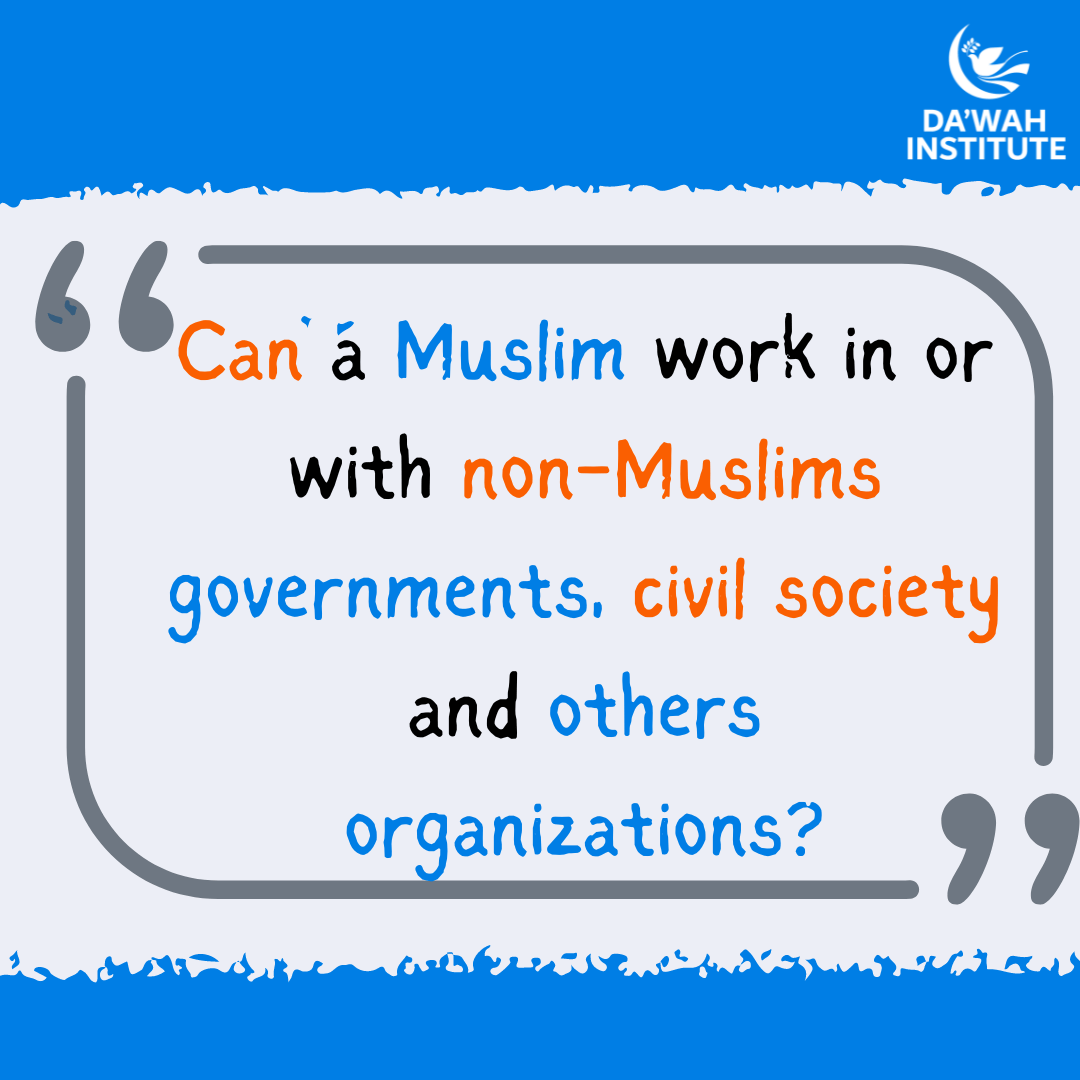
In a hadith, Abu Tha’labah al-Khushani narrated that he said to Allah’s Messenger (p), “We come from a locality populated by the People of the Scripture (who were Christians); can we eat from their dishes? The Prophet (p) replied, ‘do not eat from them, unless you do not find anything else to eat with, which in that case, wash these (utensils) and eat from them”. Bukhari, hadith no.5488; Muslim, hadith no. 1930
In another version of the above hadith, the reason is given why the Prophet (p) forbade some of the Companions from using the (unwashed or inadequately washed) utensils of the Ahl al-Kitab of that particular locality. The version reads: “…and they (the Christians of that area) used to cook pork and drink wine.” Ibn Atiyyah, Shar Bulugul Maram, Al-Maktabah Ash-Shamilah 3.13
This means that the Ahl al-Kitab referred to in the hadith concerned were Christians who used to cook pork and drink wine using their utensils (Ibn Atiyyah, Shar Bulugul Maram, Al-Maktabah Ash-Shamilah 3.13) and this is the reason for the prohibition of using such utensils. If Muslims did not find other cleaner utensils to use, then they would wash and use these as taught by the Prophet (p). Also, the fact that the Prophet (p) and his Companions ate on numerous occassion from plates and utensils used by various non-Muslims which were clean, implies that the concern with the utensils is primarily that of cleanliness.
The conclusion arrived at is also buttressed by an authentic hadith where Allah’s Messenger (p) had a neighbour who was Persian (a Zoroastrian/Magian), and he was an expert in the preparation of soup (maraq). He prepared the soup for Allah’s Messenger (p) and then came to him to invite him (to that feast). The Prophet (p) said, “Here is Aisha (and you should also invite her to the meal).” The Persian said, “No!” (Implying that she was not invited), then Allah’s Messenger also said, “No! (then I cannot join the feast).” He (the Persian) returned another time to invite him, and Allah’s Messenger said, “She (Aisha) is also here.” He said, “No!” whereupon Allah’s Messenger also said, “No” (and declined his offer). He (the Persian) returned once more to invite him, and Allah’s Messenger (p) again said, “She is also here.” He (the Persian) said, “Yes” on the third occasion. Then he accepted his invitation, and both of them set out and went to his house. Sahih Muslim, hadith no.958 in Alim 6.0
In addition, a verdict (fatwa) by the Standing Committee of Academic Research and Issuing of Fatwah (of Saudi Arabia) says: “…You are allowed to eat from what your Christian friend gives you, either in his house or anywhere else if you know that the food itself is not prohibited (haram) or if you are ignorant of its lawfulness. This is because the norm is that it is permissible until proven otherwise. The fact that the giver (of the food) is a Christian does not make it haram because Allah permits food of Ahl al-Kitab for us.” Standing committee of Academic Research and Issuing Fatwah, by Ahmad bn Abdur-Razzaq Ad-Darwaish. Verdict no.3262.
The hadith about the Persian host of the Prophet (p) and Aisha, the numerous other instances of the Prophet (p) and his companions eating from the plates and utensils of non-Muslims, and this fatwa, assume that eating the food of people of other faiths in their own houses would naturally imply the permissibility and use of their own utensils too.
Muslims in the past did not, and those today are not expected to be moving around carrying their own utensils when visiting people of other faiths!





